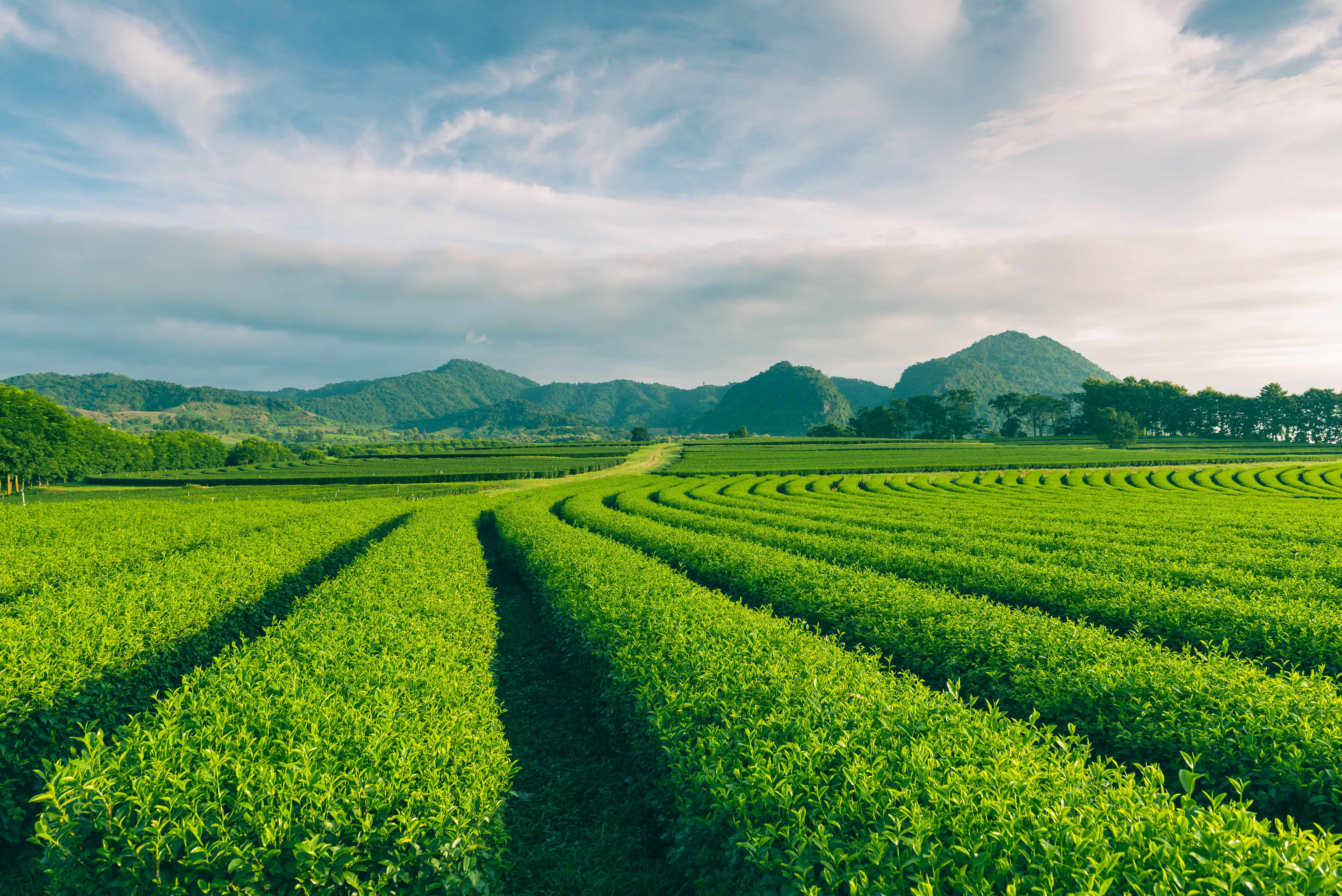The industry segments agricultural recruitment companies in Myanmar are focussing on
Agriculture is hugely important to Myanmar’s economy, forming the country’s main employer for many years. This essential industry has been responsible for making a major contribution to Myanmar’s GDP over the decades. However, although agriculture is the backbone of the country’s economy, Myanmar is a low-achiever profit-wise in comparison to other countries in the Asia-Pacific Region. The country was once the biggest exporter of rice in Asia and if Myanmar’s agricultural sector is to enjoy this level of success once again, it has a number of strategic goals to reach, such as increased agricultural development and greater investment in energy and transport. As such, it’s clear that the recruitment of skilled individuals is likely to be an important consideration for the country’s agricultural sector, combined with the industry-specific expertise of agricultural recruitment companies in Myanmar.
Agriculture in Myanmar: an overview
Myanmar has 29 million acres of agricultural land available which is used produce a diverse range of crops. The country has three main agricultural areas: a central zone which is used for the cultivation of various rain-fed crops, a mountainous region (mainly in the eastern Shan State) where rain-fed tree crops, rice, pulses and maize are grown, and a southern delta region engaged in aquaculture production and rice cultivation. It’s also interesting to note that Myanmar’s irrigation cover is relatively low, with just 15% of agricultural land watered by irrigation, in comparison to 30% for Thailand, for example.
Rice, corn, pulses, beans, oil seeds, groundnuts and sugar cane are Myanmar’s most important crops. As already mentioned, although Myanmar was a leading global rice exporter, rice production has declined. However, the country still depends on paddy-grown rice as its most important agricultural commodity. Flooding in the country’s central region hit rice production hard during the period from 2019-2020, but thanks to an increase in demand from China, higher prices, higher-yield seed and improved mechanisation, there has been an increase in production growth.
Domestic demand for corn, Myanmar’s second crop, is steadily increasing, with the majority of corn crops being used as animal feed in the country’s developing livestock sector. Despite this, Myanmar still exports the majority of its corn output, with around 90% being exported to China, Singapore, Malaysia the Philippines and Vietnam.
Myanmar is second only to Canada in terms of global exports of pulses and bean crops such as dried broad beans and peas, lentils, chickpeas and lupins, whilst groundnuts also remain an important export product. Groundnut exports are listed in the country’s National Export Strategy as a priority product, although producers are threatened by cheap palm oil imports. However, Myanmar’s government hopes that increasing demand from China will maintain production levels and give farmers the support they need.
Last and by no means least, although sugar cane harvests have fluctuated considerable over recent years, overall production has steadily increased during the last three decades.
Setbacks and controversy hit Myanmar’s agricultural sector
Sadly, it goes without saying that Myanmar’s agricultural sector has faced very serious and numerous impacts arising from the coup in February 2021, including a disruption of border trade, unreliable shipping and skyrocketing input costs. Furthermore, a form of farm credit – the sector’s main government subsidy – has been largely suspended due to a banking crisis, whilst critical land reforms have also been halted.
Unsurprisingly, COVID-19 has also been hugely problematic for Myanmar. Like so many nations in the Asia-Pacific region, the country’s farmers are still struggling the after affects and impact of the pandemic, such as border closures and disruption to exports.
Controversy surrounding Myanmar’s agricultural practices are also ongoing. Although Myanmar is considered to be relatively wealthy in terms of resources and forests, there are significant variations in farming practices across the country. Slash-and-burn, a farming method adopted by Myanmar, involves creating fields for crop cultivation by setting fire to areas of forest. Then, once a particular field’s nutrients have been drained, the land is abandoned once again.
Many see this as a highly controversial practice as slash-and-burn is considered deforestation which, in turn, results in soil erosion. Despite such controversy, some see slash-and-burn as more acceptable than other farming methods as the land isn’t destroyed once crop cultivation has ceased. Although arguments continue to surround slash-and-burn, Myanmar’s government is increasing attempts at regulation, with the number of reserved forests steadily increasing.
The future for Myanmar’s agricultural sector
If Myanmar can recover from recent economic setbacks and Southeast Asia increases technical development, it’s interesting to speculate as to whether the country will gradually switch from agriculture to industry. Despite an increase in the GDP contributions of Myanmar’s agricultural sector, the industry’s share is steadily shrinking. As a result, it is possible that, if the country increased investment into technology-based industries, it could potentially quadruple its economy by 2030. However, as the agricultural sector is remain crucially important for Myanmar’s economy, an overhaul and upgrade of agricultural methods is urgently required.
Peak Recruitment: your agricultural industry recruitment consultants in Myanmar
The skills and expertise of talented individuals are likely to play an essential role in the development and rejuvenation of Myanmar’s agricultural sector. We are a team of highly experienced agricultural industry recruitment consultants in Myanmar. We use our industry-specific expertise to help businesses and individuals achieve their goals across niche segments and throughout the Asia-Pacific region. To find out more about our agricultural recruitment services, please contact us today.

